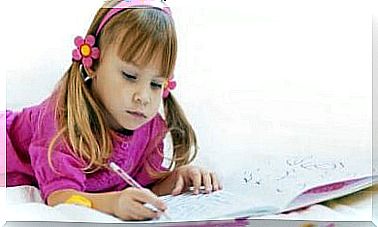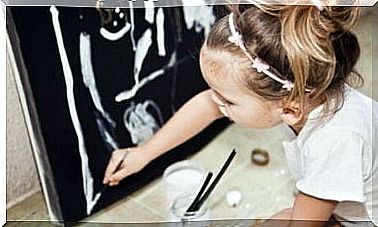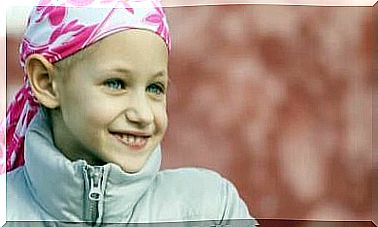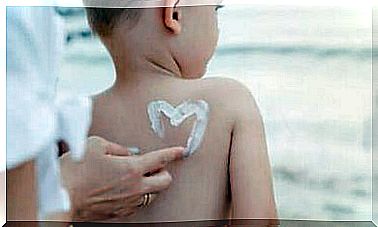6 Symptoms Of Emotional Deficiency In Children – You Are Mom
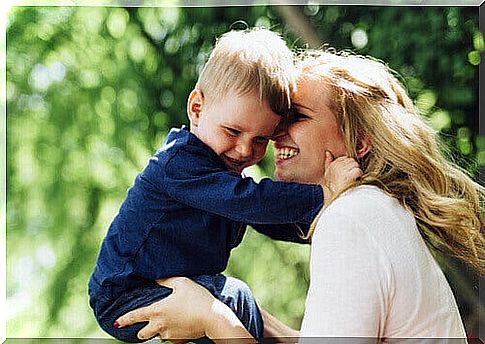
The emotional deficiencies of children are increasingly evident in our society. The working hours of the parents are numerous and the hours of family coexistence are rare. However, how do emotional deficiencies affect the little ones?
The lack of attention of parents towards their children is very harmful for a child who is in the full stage of growth.
In particular, because healthy emotional relationships, those which bring affection and genuine interest, are also necessary for their proper development. They are as important as food or education.
Your child, like any human being, needs lots of sweet words, kisses, hugs, and constant affection. Expressing your affection to him in various ways will help him achieve adequate brain maturation.
Children’s emotional deficiencies are silent
You don’t think your child is prone to developing emotional deprivation. You tell yourself that he lives in a house where he sees his parents every day and where he does not suffer any abuse or abandonment. It is good to know that this logic is very often the wrong one.
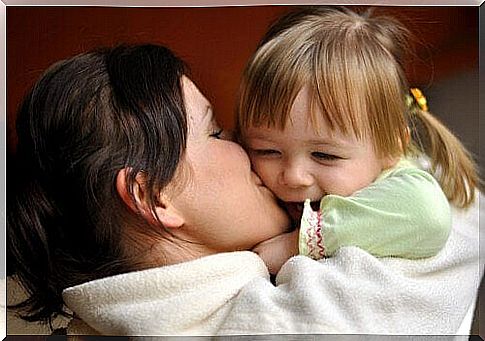
A family that has little time and space to feed their emotions through a healthy coexistence is likely to suffer from emotional deterioration. If you are wondering how you can fill your child with healthy emotions, one of the easiest answers is to share time with family.
To do this, try to include entertainment activities in the family schedule. Get everyone involved.
Live pleasant moments, those that deserve to be remembered. Games, homework, or a simple snack are a good time to enjoy time together. Remember that the important thing is not always the amount of time, but how much you have shared.
Some symptoms of emotional deficiencies in children
A child with emotional deprivation may have certain symptoms or psychological patterns. Some of them are:
1. Clinical signs of anxiety
Anxiety is a symptom of emotional deprivation that affects both children and adults. Never being able to concentrate, showing the need to eat all the time, and succumbing to impatience are strong symptoms of lack of affection in a child.
2. Lack of language development and social interaction
Good language development is achieved, mainly, through a good education from childhood. However, a very important part is acquired through interaction with others.
If the child’s social skills at home are clumsy or nonexistent, the result of poor socialization and affection, their ability to express themselves will be lower than that of other children. Also, language acquisition will be slower.
3. Not knowing how to control impulses and respond aggressively
Impulses are dominated by emotions. The child may have trouble controlling their impulses, or show sudden changes in behavior. Or, his responses will generally be aggressive. It is your duty to check if he feels a lack of affection in order to alleviate these negative impulses.
4. Lack of trust in others
It is very difficult for a child who lacks affection to develop his confidence in others. It also holds with the people of his family nucleus. The child may feel misunderstood, which sets off the alarm. Therefore, he prefers to shut himself up to avoid suffering emotionally.
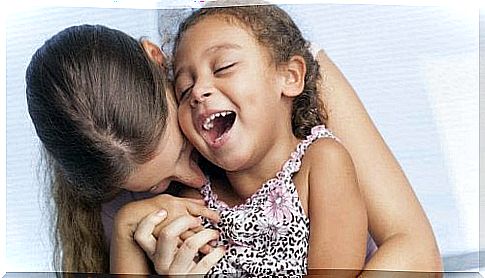
5. Difficulty concentrating
When a child shares enough time with his parents, in an environment full of understanding, he is used from an early age to pay attention to what is said to him. He thus understood the importance of being heard.
However, if your child is having trouble paying attention, you can take this as one more symptom of child emotional deprivation at home.
6. Not knowing how to express your feelings in a healthy way
Feelings are not easy to control. Therefore, for a child with an emotional deficit, it becomes even more complicated. He may have trouble expressing them, moderating them or giving them free rein.
Indeed, u n child with emotional deprivation generally do not know how to manage their feelings. This is because no adult has taught him how to do it.
If this type of model is not changed in time, there is a risk that these problems will accompany the child throughout his life.
It is also likely that a child who does not know how to express his feelings, when he reaches adulthood, will become a self-centered person. He may also become a person who has few social skills and is emotionally dependent.
